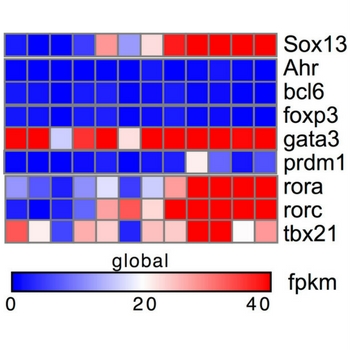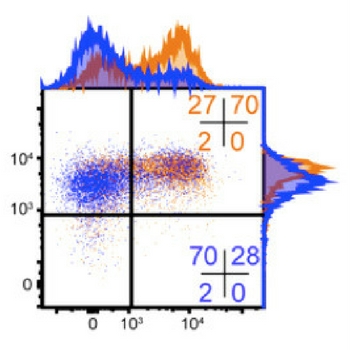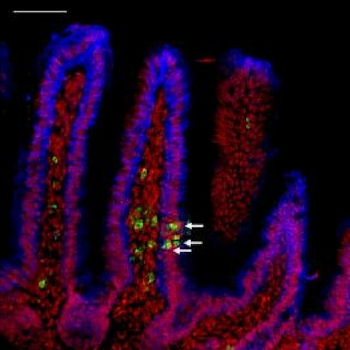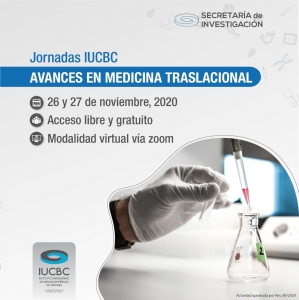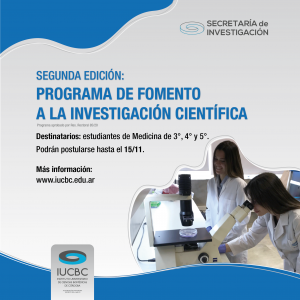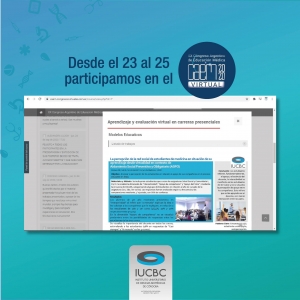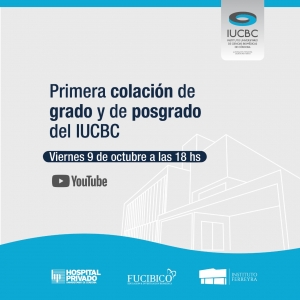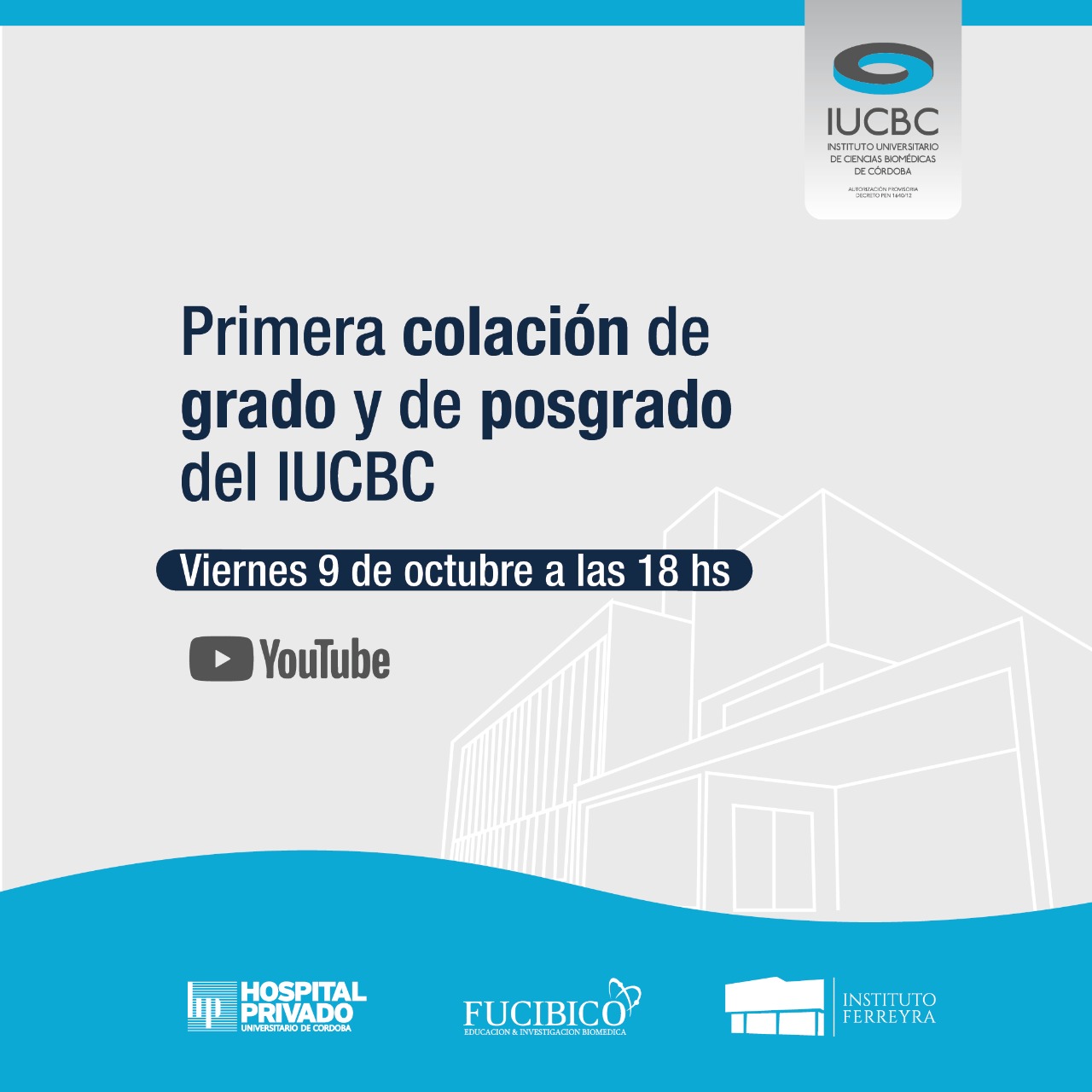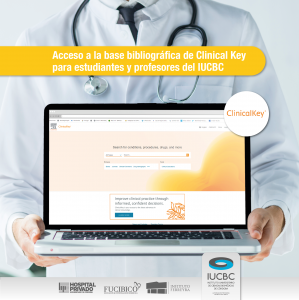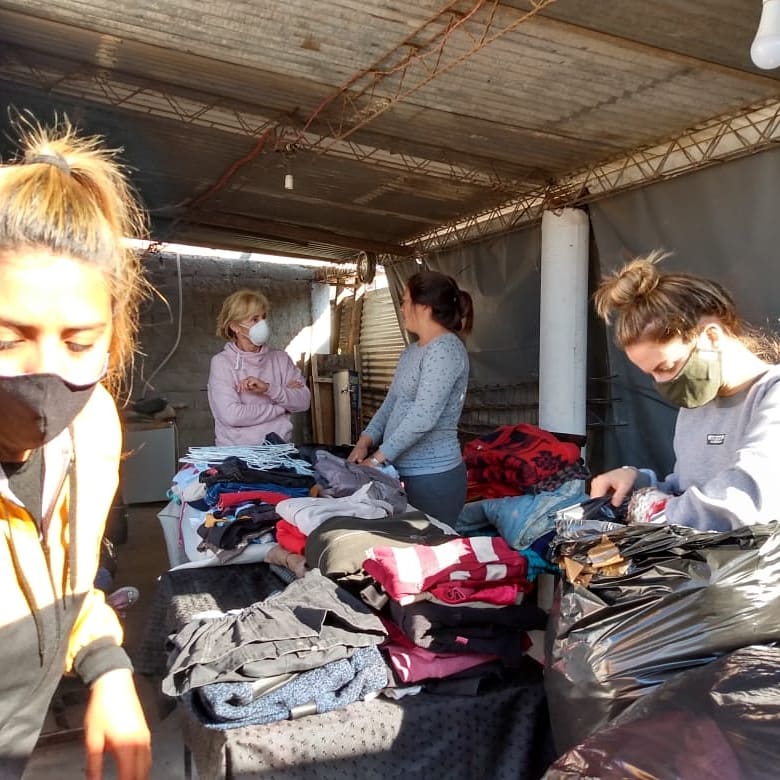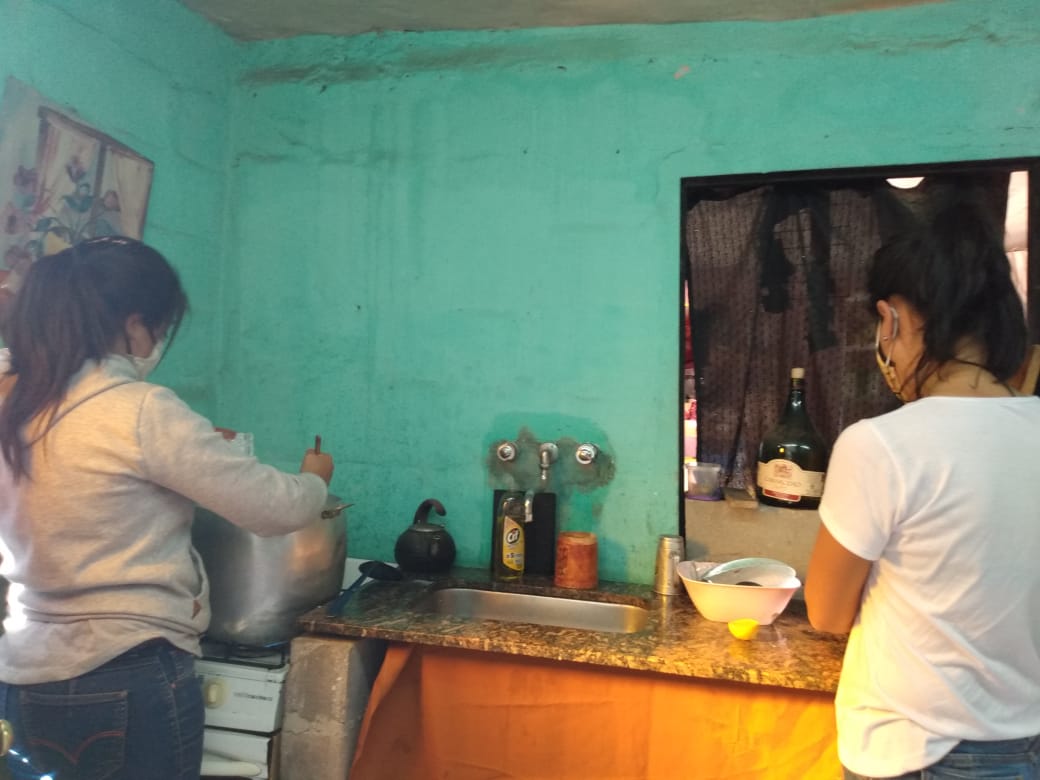UNIDAD DE ENFERMEDADES INFLAMATORIAS INTESTINALES
La superficie de la mucosa intestinal está continuamente expuesta a bacterias comensales que se agrupan dentro del nombre de microbiota. La microbiota influye enormemente en el desarrollo de todo el sistema inmune a través de interacciones con la mucosa intestinal y por ende, en los procesos inflamatorios que ocurren en el intestino. Esta influencia está mediada por metabolitos generados por la microbiota frente al influjo de nutrientes. De este modo, para entender los mecanismos que promueven la inflamación de la mucosa intestinal observada en la enfermedad inflamatoria intestinal (EII), es necesario conocer no solo la composición de la microbiota presente sino también cómo los metabolitos afectan la mucosa intestinal.
Our laboratory focused in studying the various mechanisms that drive inflammation in the intestinal mucosa. To achieve this, we use advanced techniques in molecular biology, flow cytometry and microscopy in experiments performed in vitro (cell culture), in vivo (animal models) and in samples obtained from patients.
The surface of intestinal mucosa is continually exposed to commensal bacteria that compose the microbiota. This microbiota strongly influences the development of the immune system of the intestinal mucosa and therefore has a predominant role in driving the inflammatory process. The influence on the intestinal mucosa is mediated by metabolites generated by the microbiota upon food intake. Therefore, is it critical to define the composition as well as the metabolites generated by the microbiota to understand the mechanisms involved in the inflammation of intestinal mucosa observed in the inflammatory bowel diseases (IBD).
PROYECTOS/RESEARCH
ESPAÑOL
- Identificar las especies bacterianas de la microbiota recubierta con anticuerpos IgG en modelos de ratón y pacientes sanos o con EII,
- Evaluar el potencial inflamatorio de la microbiota recubierta con anticuerpos IgG in vivo en modelos de inflamación en ratón,
- Determinar el efecto de la microbiota recubierta con anticuerpos IgG de pacientes sanos o con EII en células de sangre periférica in vitro a través de la detección de marcadores de inflamación.
Los resultados de este proyecto nos permitirán diseñar nuevas estrategias de tratamiento para esta patología.
- Medir la expresión global o individual de genes en las células epiteliales de intestino para dilucidar el mecanismo por el cual los metabolitos del triptófano promueven la integridad de la barrera epitelial del intestino,
- Identificar las células que expresan IL-22, citoquina clave en la reparación intestinal,
- Determinar el contenido de triptófano en la dieta y la presencia de metabolitos de triptófano en sangre periférica de pacientes sanos o con EII
Este proyecto nos permitirá diseñar nuevas terapias basadas en metabolitos del triptófano para el tratamiento de la inflamación intestinal.
ENGLISH
- Identify bacterial species present in the microbiota that are coated with IgG in mouse models as well as in IBD patients
- Evaluate the inflammatory potential of the IgG-coated microbiota in vivo using mouse models of intestinal inflammation.
- Determine the effect of IgG-coated microbiota on the expression of markers of inflammation on peripheral blood cells isolated from healthy as well as IBD patients.
The findings of this project will allow us to design new treatment strategies for IBD.
- Measure the expression of all or some candidate genes from the intestinal epithelial cells to determine the effect of tryptophan metabolites on the epithelial barrier of the intestinal mucosa,
- Identify the cells that are making IL-22, a key cytokine for intestinal repair,
- Determine the amount of tryptophan in the diet and the presence of tryptophan metabolites in peripheral blood of healthy vs. IBD patients.
The findings of this project will provide new strategies to repair the intestinal barrier of IBD patients.


